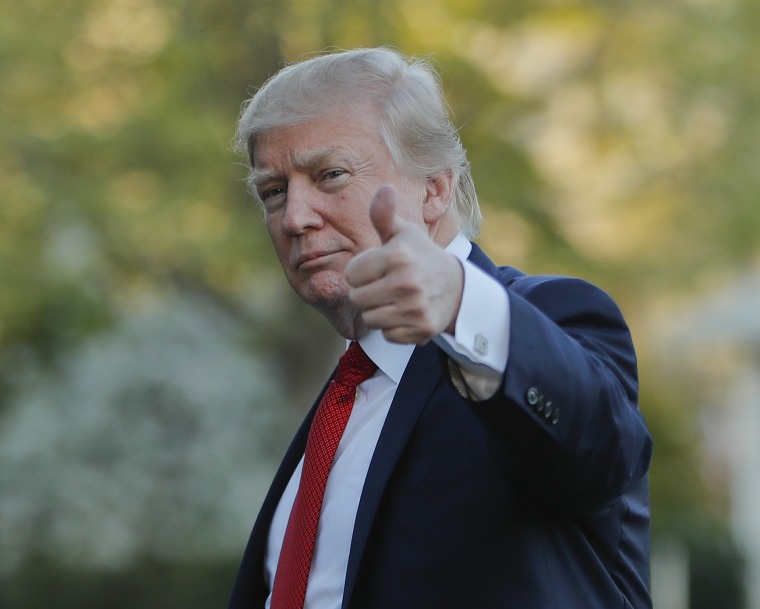It wasn’t fun, but I read them all - well, almost all. All those big, big books about big, bad Trump. From Brain Stelter’s Hoax to Jim Acosta’s The Enemy of the People to Jonathan Karl’s Front Row at the Trump Show. Books by Jeffrey Toobin, Steven Hassan, and several others, plus two apiece by Bob Woodward, Rick Wilson, Michael Wolff, and David Frum, and no fewer than three (all doorstop-sized) by Seth Abramson. The flow of anti-Trump books seemed endless, because even though few of these writers had anything at all to offer other than buckets of bile, there was a built-in audience of Trump-haters who were always ready to plunk down yet another decent chunk of change for yet another slimy, fatuous anti-Trump screed.
My verdict on those books appeared in June. Now it’s December, and for my holiday present I finally had a chance to read a positive book - and a terrific one - about the Trump White House. Peter Navarro was one of only three senior staffers who were there with The Donald all the way from the beginning of the campaign to the end of the presidency, and he was also one of the few people in that administration who were true believers in the Trump cause, as opposed to the corporatists, globalists, Republican Party hacks, and out-and-out careerists who were determined to water down or squash every Trumpy initiative.
In his memoir In Trump Time: A Journal of America’s Plague Year, Navarro names them all. Mike Mulvaney, acting chief of staff, was a neverTrumper. Economic advisor Gary Cohn (now vice-chairman of IBM) “never saw an American job he didn’t want to offshore in the profane name of supply chain efficiencies.” Commerce Secretary Wilbur Ross operated on “transactionalist Wall Street DNA.”
Navarro, who’d earned a Ph.D. in economics at Harvard, was brought aboard by Trump to deal with the China trade situation and build up U.S. manufacturing. He supported full instant tariffs to wipe out China’s trade advantages. But the White House was packed with people who passionately opposed tariffs and were uncomfortably chummy with the Chinese. Jared Kushner? A “panda hugger.” Treasury Secretary Steve Mnuchin? The “second coming of Neville Chamberlain” and as a “Judas” who’d made millions in Chinese business and who “simply couldn’t believe” that the PRC “posed any economic or military threat to the United States whatsoever.”
When virus deaths mounted in China, Secretary of State Mike Pompeo’s second-in-command Stephen Biegun, who’d been Ford Motors’ “offshorer in chief” to China, opposed a travel ban because he feared it would offend Xi. Living outside the Beltway but also exerting an outsized anti-tariff influence in the West Wing was the “Billionaires’ Cabal” - whose membership ranged from Sheldon Adelson and Steve Wynn (both heavily invested in Macao casinos) to Steve Schwarzman and Larry Fink.
Navarro begins his account in January 2020, when Trump signed the first of several prospective agreements that, it was expected, would vastly improve America’s trade position in relation to China. Almost everything else was looking good, too: the border wall was going up a mile a day; the economy was hurtling along gorgeously, with record high employment levels for virtually every demographic category; there were no new wars; the Northern Triangle governments were playing ball; even Little Kim in North Korea had put his belligerence on hold.
All in all, Trump looked like a shoo-in for re-election. --->READ MORE from Bruce Bawer HERE
If you like what you see, please "Like" us on Facebook either here or here. Please follow us on Twitter here.



No comments:
Post a Comment